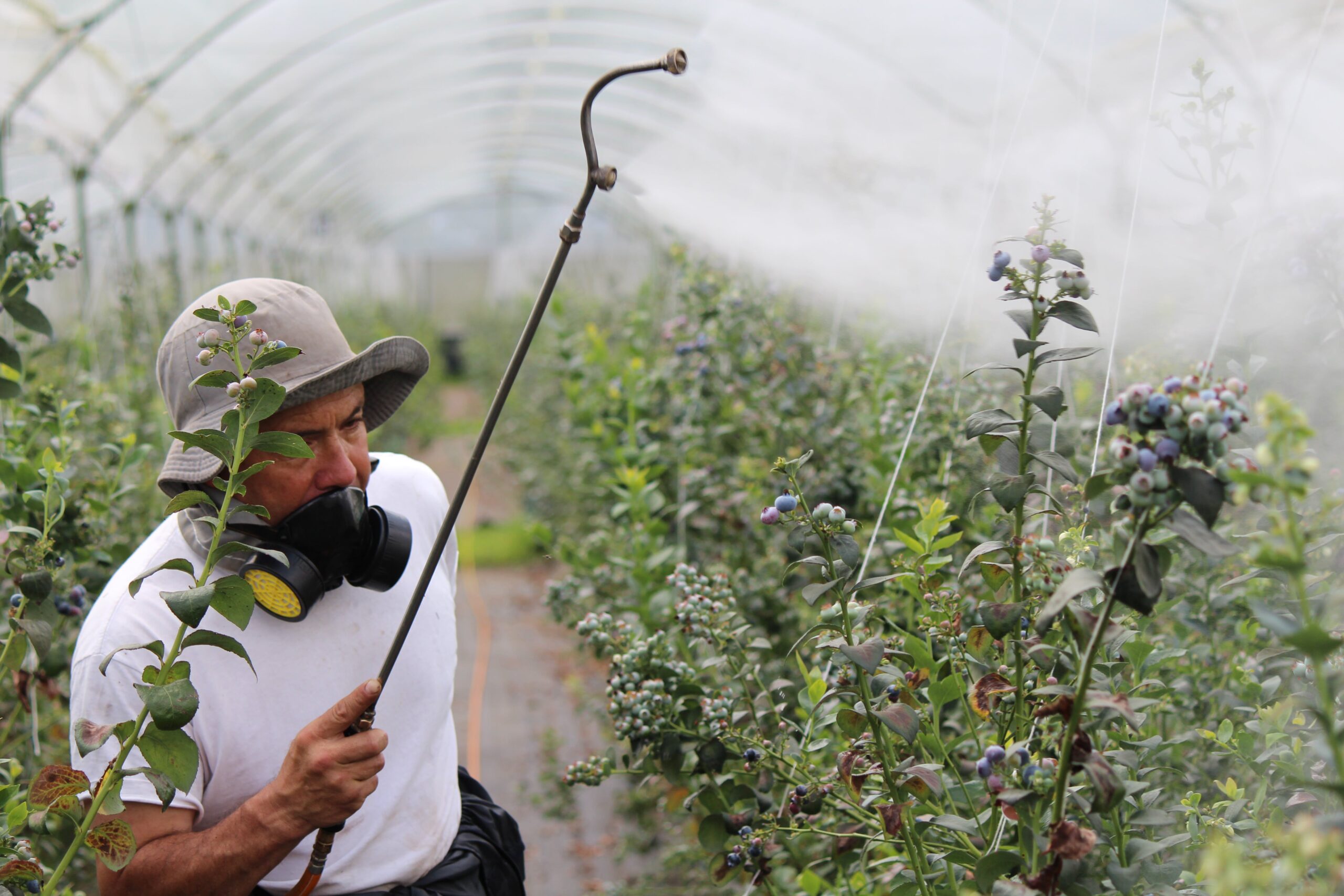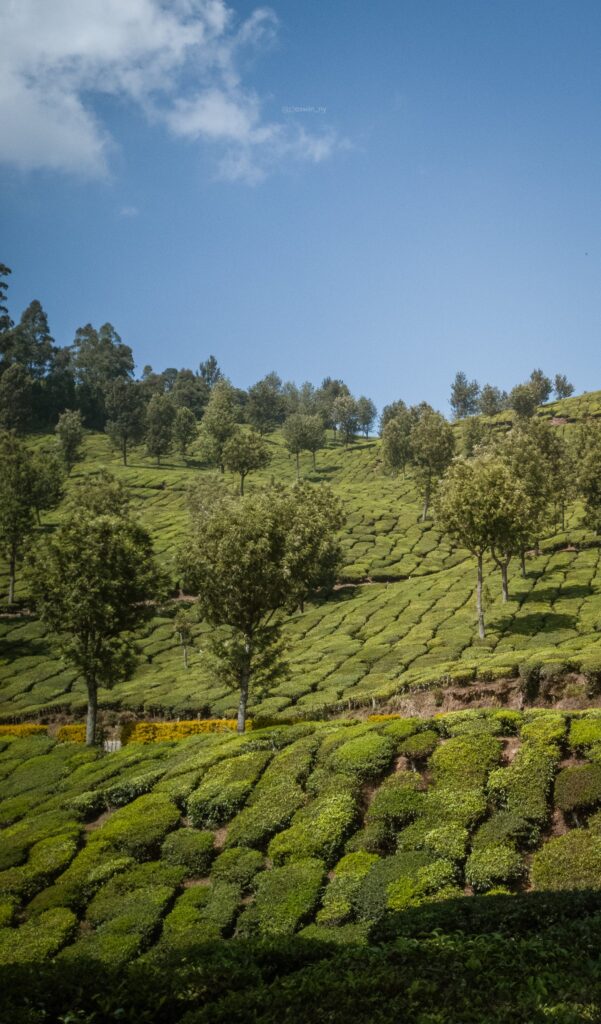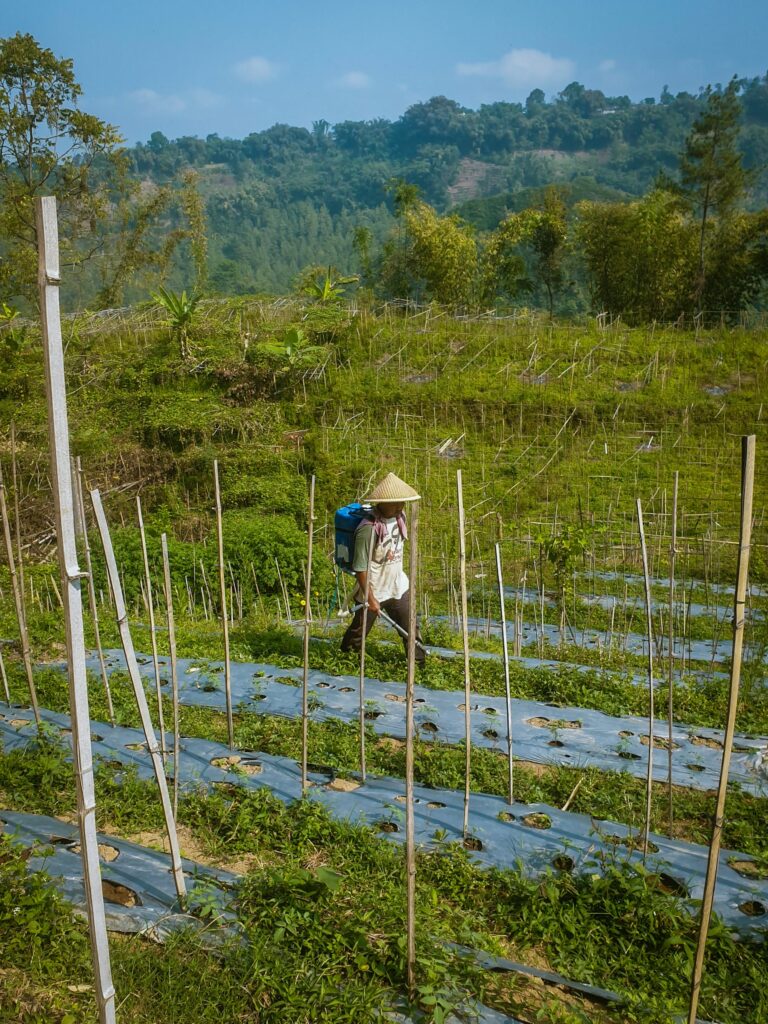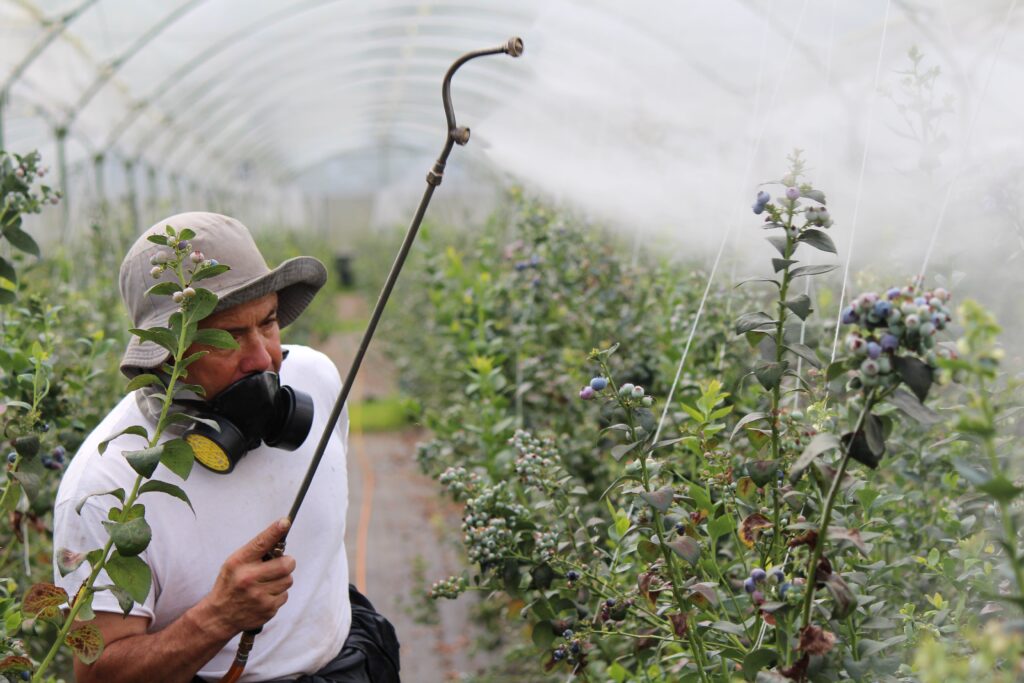
Great expectations for pesticides
The European Union watches agriculture and related problems very closely. It is an essential part of sustainable development policy for all Member States. One of the unresolved issues concerns pesticides. Restrictions on the use of these measures apply throughout the Union.


Restrictions or false hopes
Despite the aspiration to reduce pesticide use in food production, leading to fewer pesticides in both food and the environment, farmers face restrictions. However, despite these measures, harmful substances continue to be detected in food, as highlighted in the 2020 report. 29.7% (3,590 samples) contained residues of one or more substances at concentrations below or equal to the permitted levels. 1.7% (209 samples) contained residues exceeding the legal maximum, of which 113 (0.9%) were non-compliant.
What are pesticides?
Pesticides are synthetic or natural substances used to control harmful organisms. Commonly employed in horticulture and agriculture, pesticides serve as plant protection agents against diseases and pests.
The European Commission is constantly working to ensure the highest level of food safety in all EU countries, which is why research conducted by Wageningen University & Research (WUR) can change the face of global agriculture.

Research that will change everything?
Under the NWO Kennis-en Innovatieconvenant programme, the Netherlands Organization for Scientific Research (NWO) has allocated a total of €5.5 million to three consortia, including this one.The program, called Microbiome: Healthy from Soil to Gut and Back, aims to explore the role of the microbiome in nutrients. Scientists pin their hopes and knowledge on bacteria that occur naturally and produce antimicrobial peptides. Peptides consist of a small number of amino acids and are classified as proteins. Some of these groups are lethal to pathogens without harming the human body or biodiversity.
The objective is to identify readily biodegradable peptides capable of targeting bacteria and fungi without disrupting the plant microbiome. If the bacteria producing these peptides can act as biological pesticides, they would be produced solely when required, guaranteeing precise and efficient pest control methods. However, these studies are also unique in terms of the scale of their activities. Professor Marnix Medema, the coordinator of the research consortium, states, “This is the first time a study is investigating whether the bacteria in plants that produce such peptides actually colonize the gut.” UMC Groningen is conducting human health research to examine the impact on the gut microbiome. Meanwhile, scientists from the universities of Leiden and Zurich are testing whether the peptides function as intended and are not harmful to pathogens.
As Professor Madema notes, these compounds are natural, safe for humans and are already used in food. The research will take years, but such a great revolution in agriculture and food is worth waiting for!









Post a comment